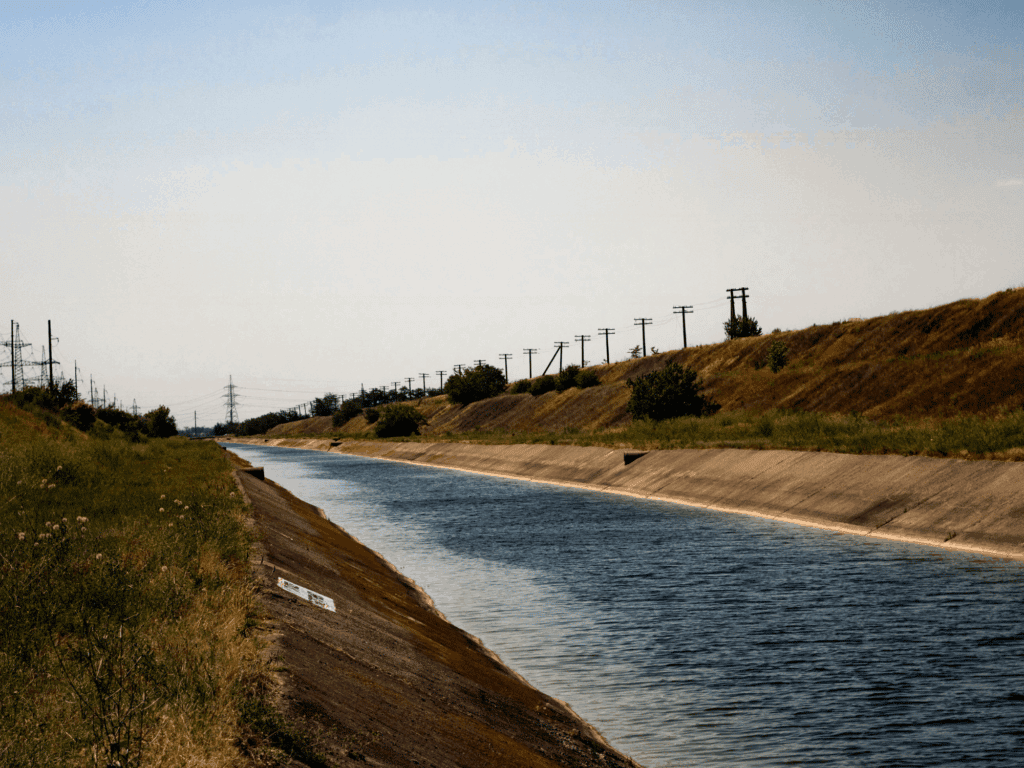Prescription drugs like antidepressants, painkillers and anti-anxiety medications are increasingly showing up in our water supply. The drugs end up there through our excrement or from simply flushing pills down the toilet. It’s no surprise that traces of these drugs are found in the water supply, considering that doctors are doling out hundreds of millions of prescriptions each year for antidepressant medications alone. People living in urban areas are even more likely to be ingesting tiny amounts of antidepressants, anticonvulsants and other drugs, and possibly more troublesome is that illegal narcotics like cocaine and meth have also been found in tap water.
This reality can be especially problematic for people in recovery, especially those who adhere to the principle of using absolutely no mind-altering substances.
The effects of exposure to drugs in the water supply are better understood in animals like fish than in humans, and few cities test the water for pharmaceuticals and other drugs. Pharmawatchdog.com published a report last year highlighting a study by the University of Idaho that found low levels of antidepressants and other drugs in the water supply can trigger the expression of autism-related symptoms in fish. The Environmental Protection Agency (EPA) mandates that contaminants like pesticides and lead be filtered out of the water supply, but apparently has no such mandate for pharmaceuticals.
According to the Department of Consumer Protection website, “A nationwide study done in 1999 and 2000 by the United States Geological Survey (USGS) found low levels of drugs such as antibiotics, hormones, contraceptives and steroids in 80% of the rivers and streams tested.”
These findings are alarming, and it remains to be seen how the levels of contaminants may be affecting human health. The obvious solution seems to be bottled water; unfortunately, the water that goes into the marked-up bottled stuff comes from the same sources, and pharmaceutical compounds make their way into the watershed, springs and groundwater. For those determined to avoid contact with mind-altering compounds in tap water and bottled water, an ionizer may be the best bet.
Northbound Treatment Services offers comprehensive addiction treatment services at its state-of-the-art Southern California facility. To read more about our treatment programs, visit our website.
Author
-

President, CEO & Founder at Northbound Treatment Network
Paul Alexander is the CEO, President & Founder of Northbound Treatment Network in Newport Beach, California. He believes wholeheartedly in transformational leadership, organizational health and effective, fully integrated substance use disorder and mental health treatment. With over 27 years of experience in behavioral healthcare, Paul has extensive knowledge of “in vivo” treatment modalities, clinical development, operations, strategy, marketing and financial planning. He has been widely recognized for his development of collegiate-based residential treatment programs for students in recovery and authored a research study at The University of California confirming this modality’s effectiveness.
Paul’s comprehensive professional experience, willingness to innovate, and emphasis on organizational health are vital factors in Northbound’s continued success. Paul received his Certified Addiction Treatment Specialist training at Saddleback College in Mission Viejo, CA, and was awarded Outstanding Alumni Service Award in 2002. Paul holds a Bachelor of Arts degree in Criminology, Law and Society, Summa Cum Laude, from University of California, Irvine, and a Juris Doctorate degree from Loyola Law School of Los Angeles. Paul currently serves on The National Association of Addiction Treatment Providers (NAATP) board. In addition, he serves on The Family Recovery Foundation board and The CarePossible board in Orange County; both organizations are committed to raising funds for family recovery and treatment for former military personnel. Paul is in recovery himself and lives in Orange County with his wife Silvana and his two young sons, Noah and Dean.







